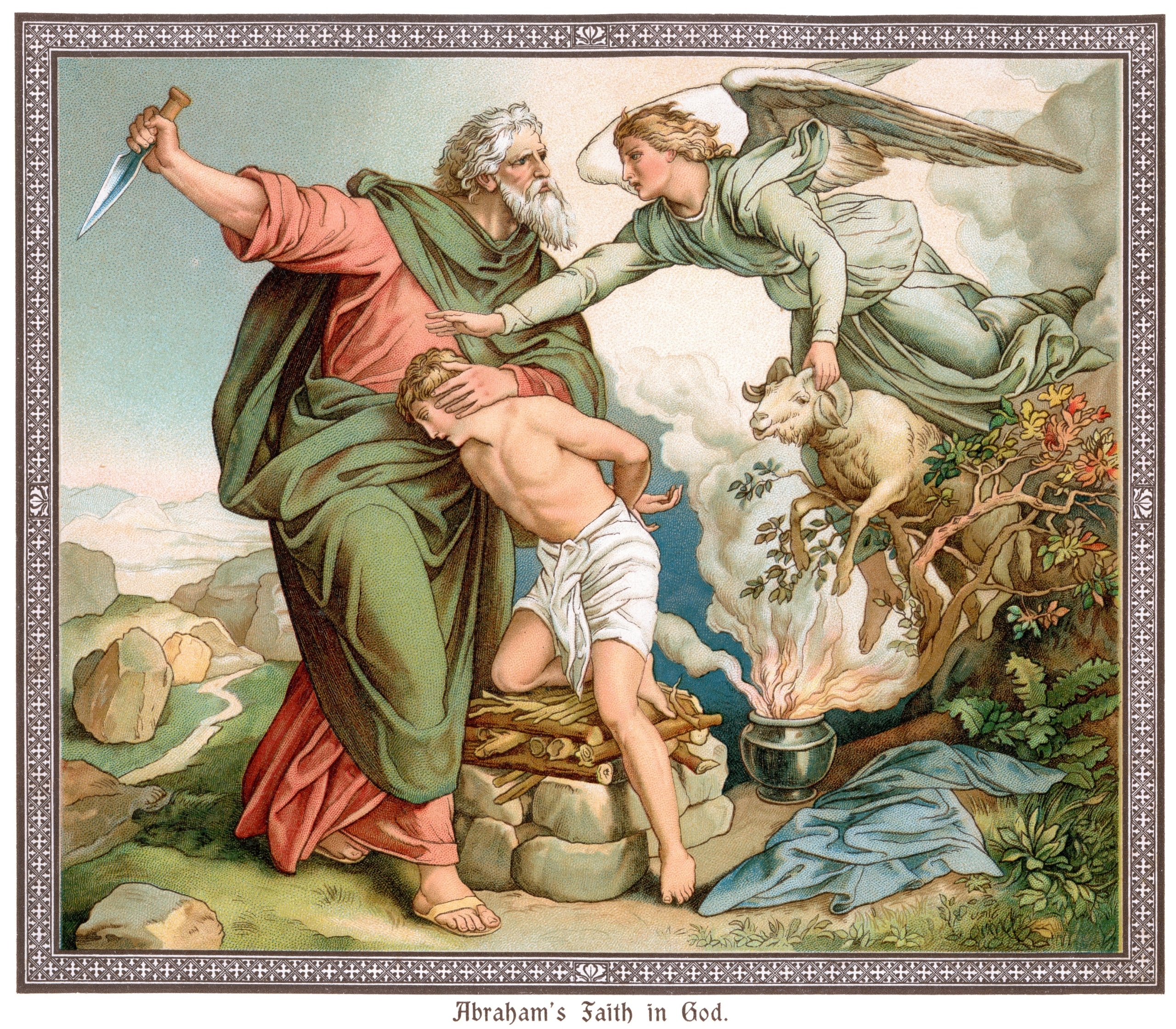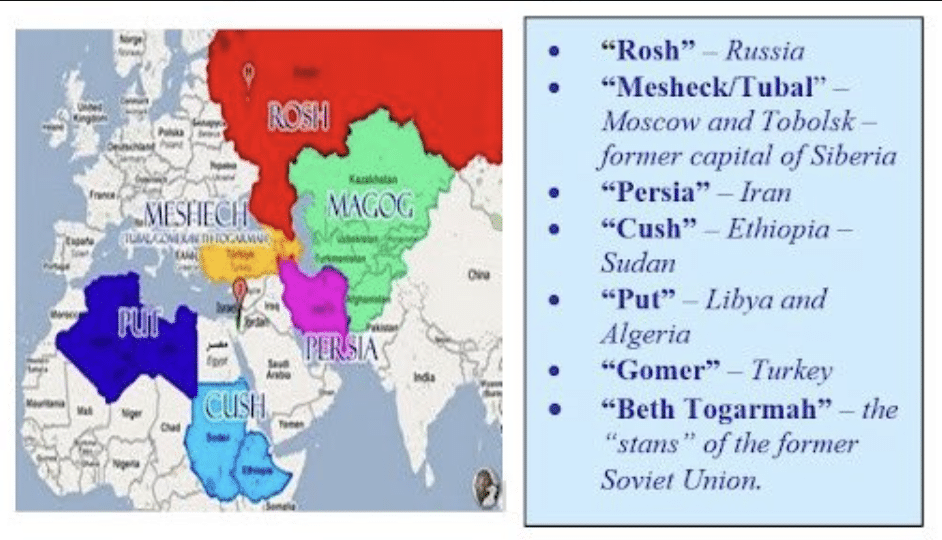 By Christine Darg
By Christine Darg
Jerusalem Channel
As I often point out, the worldwide Torah portion in the synagogues corresponds to current events, and no less so this week.
In this week’s Torah reading, called Vayera, the binding of Isaac is recorded. Abraham is told to “take your son, your only one, whom you love, yea, Isaac, and go away to the land of Moriah and bring him up there for a burnt offering on one of the mountains, of which I will tell you.” (Genesis 22:2)
The mountain “of which I will tell you,” is none other than Mount Moriah the future location of the Temple, where Abraham built the altar and as the sage Rambam (Maimondies) explained in Hilchot Beit HaBechirah (The Laws of the Chosen House) 2:1-2: “The Altar is [to be constructed] in a very precise location, which may never be changed, as it is said (I Chronicles 22:1): ‘This is the Altar for the burnt offerings of Israel.’
It is universally accepted that the area on which David and Solomon built the Altar was the threshing floor of Ornan on Moriah.
According to the sages, Noah built an altar on that location when he left the ark. It was also the place of the altar on which Cain and Abel made offerings. Similarly, Adam, the first man, made an offering there and was created at that very spot, as Jewish Sages said: ‘Man was created from the place where he [would find] atonement.’”
Moreover, it’s no coincidence that Moriah is where Jesus paid the final sacrifice for sins with is Blood upon the altar of the Cross. When we connect all the theological dots, we can no longer wonder why Moriah and the Temple Mount continue to be the centre of controversy.
As Abraham was preparing to kill Issac, God stopped him, acknowledged Abraham’s abiding faith in Him, and provided a ram as a substitutionary sacrifice. But in Jesus — Yeshua Ha-Mashiach — God provided the perfect Passover Lamb. And like Abraham and Issac, God the Father received Jesus back to Himself when He raised Jesus from the dead on Resurrection morning.
Meanwhile, Israel faces the consequences of turning this sacred Temple Mount over to the Jordanians after Israel’s triumph in the Six Day War of June 1967.
Israel’s acquiescence in 1967 made Jordan custodian of the Temple Mount, setting up a potential clash with lawmakers from Netanyahu’s presumptive coalition.
Many of Bibi’s potential right-wing partners have pushed for Israel to assert its sovereignty over Jerusalem’s holy site and allow greater Jewish freedom of religion at the centerpoint of Judaism.
Rumblings and warning coming out of Amman, Jordan, prove the potential diplomatic minefield awaiting Benjamin Netanyahu.
Yes, indeed, the mountain “of which I will tell you,” the LORD’s commandment, causes the nations to squabble over what belongs to God and his people.







Leave A Comment